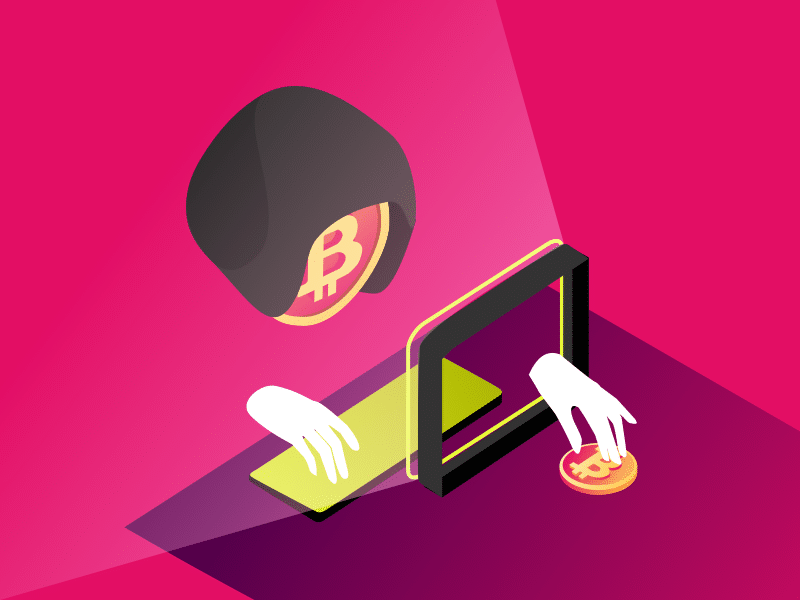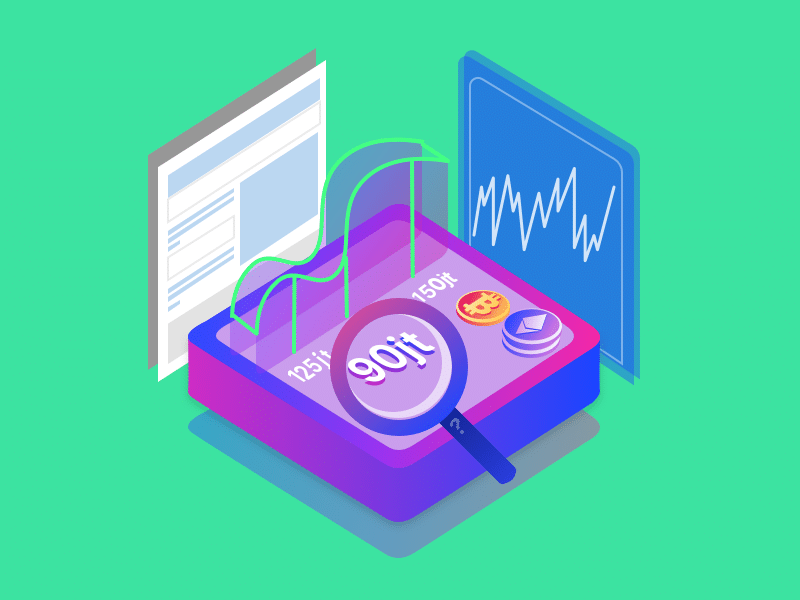Avoid These Common Cryptocurrency Scams

With the growing popularity of Bitcoin and other crypto assets, scams or crypto frauds are becoming more and more common. Many who are new to investing in crypto assets have become victims of these frauds. Crypto is legal in Indonesia, but a lot of scammers are targeting crypto users for their gain. In this article, we will discuss some of the scams that often happened in the crypto world.
Free Gift
To attract early crypto investors, scammers will usually lure them with free coin prizes. Fraudsters will usually ask for personal data from the victim. If someone offers a gift, be careful and immediately find out the validity of the sweepstakes. Never send your personal data information to unknown people.
Imitating Others (Influencers)
The most common thing that fraudsters do is pretend to imitate other people. Usually they will use fake accounts by copying social media profiles of influencers in the crypto world. Be careful with offers that came from an influencer who suddenly send you Direct Messages on social media. Never accept strange requests from people you don’t know and always double-check accounts from people who sent you private messages.
Fake Crypto Exchange
When the price of Bitcoin goes up, fake crypto exchange scams are rife. Usually, these fake crypto exchanges offer Bitcoin prices that are far below the market price, making people think they will make a lot of profit. One example is the story of Toni Haryanto, a bakso seller, who was recently scammed by a fake crypto exchange on social media. As reported by kompas.com, Toni initially saw an advertisement on social media about Bitcoin investment from an illegal crypto exchange. He was then induced to send money to the fraudster’s account and ended up losing the money he had saved for going to a Hajj pilgrimage. Be careful when buying Bitcoin, always buy Bitcoin in applications that have been registered by Bappebti. Make sure you check crypto prices today so you won’t get scammed by an unlicensed crypto exchange that offers prices below market value.
Phishing
What is Phishing? Phishing is a cybercrime in which the targets are contacted by email, telephone, or text message by someone posing as a legitimate institution to lure individuals into providing sensitive data such as personally identifiable information, banking, and credit card details, and passwords. Phishing the most common way to deceive someone. A fraudster will create a fake website or fake email and pretend to be someone or a party to that organization. In crypto, fraudsters will usually fake a crypto exchange website or wallet. Fraudsters also usually report that the victim’s account has been compromised/suspected to be problematic so the fraudster asks the victim to enter sensitive data such as password or seedphrase from the victim’s wallet. Which is after the victim enters the data, the fraudster can take the victim’s Bitcoin or other crypto assets. The most famous recent phishing incident occurred where a hacker took the Ledger data and acquire 242,000 email addresses from the Ledger shopping cart data. The fraudsters asked users to submit a seedphrase of private keys into the fake ledger sites. If you get an email from a crypto asset website, make sure to double-check the domain address of the site. Also, check whether the website that is written is correct by checking it on google. Be careful with the capital i and also the letter L because they look similar to the naked eye.
Ransomware
block-f015bf29-9948-4a23-bd99-0e22066067d4">A ransomware attack is an attempt by hackers to block access from your website by inserting a program into your computer, the only way to stop it is by paying a Bitcoin ransom. If this happens to you then you should consult an expert to resolve this rather than paying the ransom. Make sure you are careful about downloading programs from the internet, especially programs that require administrator access. Make sure when you download the program from the internet, the program comes from a trusted website, and you have double-checked the address.
Fake coins
With the rise of alternative crypto coins or what is referred to as alt-coins, there are also many scams in the name of new coins. Scams usually invite investors to invest in new coins before they are listed on the exchange or sell new coins at a discount. Usually, these new coins also do what is called a pump and dump, where fraudsters usually already have a lot of coins before attracting new investors, they will also hire freelance writers to report these coins in the mass media and independently. When the coin gains popularity, the price of the coin will increase. And once the coin price goes up, the scammers will sell their positions and make the price drop. Be careful to invest in new altcoins, get to know the team behind the coin, and check the price movement of the coin from the start before starting to invest.
Share


